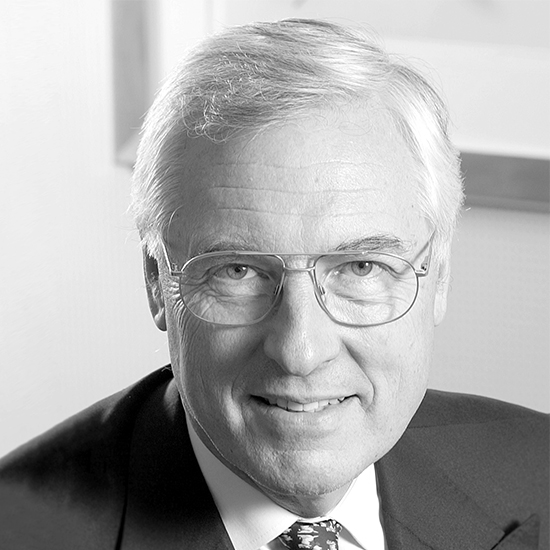Tried-and-tested entrepreneurs
Rosebourne’s chairman and co-founder Charles Good is part of a group of five seasoned garden centre entrepreneurs. Back in 2013 two of them developed Beckworth Emporium in Nottinghamshire. Good says the group “had never seen a garden centre grow and become profitable at such speed.” Its “unique, casual-dining” experience and fresh food hall were driving factors.
Using Beckworth’s cultivated business formula, the five set to work developing Rosebourne Garden Centre in Andover.
The group had never seen a garden centre grow and become profitable at such speed.
Charles Good, Rosebourne
Creating a repeatable success
The garden centre experts and Good’s financial services experience demonstrated their proven credentials and compelling skill-set when they pitched for investment.
Beckworth Emporium’s proven business blueprint raised the group’s credibility factor when they approached investors. Enterprise Investment Scheme (EIS) investment manager Puma Investments originally questioned elements of the Rosebourne business plan. But, “they were soon won over when they visited Beckworth and witnessed its success first-hand,” Good explains.
Puma, in conjunction with investors from Capital for Business, invested £6-7m of EIS funds over 18 months, helping the five entrepreneurs create the first Rosebourne garden centre in 2016.
With revenues pushing the £5m mark in 2017, the project is already providing healthy returns, says Good. This success has resulted in a further £5m in EIS investment from Puma Investments to fund a second garden centre in Aldermaston.
EIS: a great pre-revenue option
During the company’s pre-profit period, Good says it was challenging to find funding outside of the EIS space. “The big institutions, as a general rule, don’t back pre-revenue businesses,” he explains.
Good believes the EIS lifetime cap of £12m is too low and explains how Rosebourne easily spent its allowance on land, building development, stock and start-up costs. Numerous other businesses would require larger amounts of EIS investment to see them through towards profitability, he adds.
If a company is not profitable before it uses up its EIS allowance, Good thinks it will be challenging to attract alternative forms of funding. He believes that unless this post-EIS “funding gap” is addressed, the UK is in danger of “generating a lot of promising businesses that either are very small or simply cannot fulfil their potential”. Good believes this is particularly true in the knowledge-based sectors.
Shifting the UK investment culture
Calling on his previous entrepreneurial experiences, Good believes there is a healthy appetite in the UK to invest in small businesses, but believes they are not investing because “big money managers currently point in a different direction largely driven by regulation”.
“The UK has a short-term financial returns mindset,” he explains. This is mitigating essential investment in SMEs. He believes the US has a far more successful scale-up culture. “They will shovel money into things that look interesting and will back it with more dollars if it requires more finance and more time,” he states.
The journey away from EIS Good must now plot further expansion away from EIS, but he is confident profitable Rosebourne will attract alternative forms of funding.
Despite Good’s confidence in Rosebourne’s journey away from EIS, there is no doubting his clear message – there is further room for improvement in the funding ecosystem for high-potential UK SMEs.

